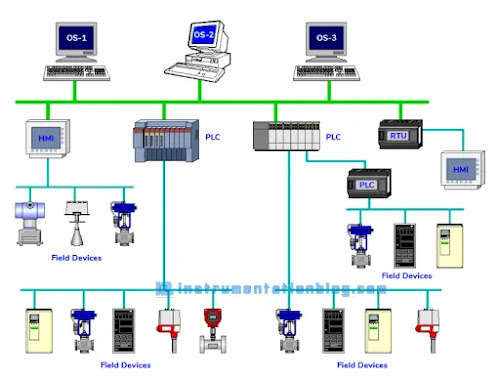Wiztech automation,an ISO 9001:2008 certified organization , based at chennai , started in the year 2006 is one of the top MNC's providing services and Enhanced technical and unlimited practical 'Hand on training' in EMBEDDED SYSTEM,PLC,VLSI,MATLAB,LABVIEW and also doing PROJECTS FOR FINAL YEAR and provide INTERNSHIP and most importantly we outsource fresh talents to our students.
Subscribe to:
Post Comments (Atom)
BEST AVR MICROCONTROLLER TRAINING IN CHENNAI - EMBEDDED SYSTEM TRAINING INSTITUTE IN CHENNAI
Introduction In the ever-evolving field of electronics and embedded systems, AVR microcontrollers stand as epitomes of cutting-edge techno...

-
INTRODUCTION OF ARDUINO An Arduino is essentially a microcontroller-based kit that, owing to its open source hardware feature, may either ...
-
Embedded Training in Chennai Embedded Systems training in Chennai @ Wiztech Automation with Placement in Embedded Industries !! Join Our...
-
Want to know, Which is the best PLC Training Institute in Chennai? Wiztech Automation, as a training institute has travelled a long way in...


.png)
.jpg)
No comments:
Post a Comment